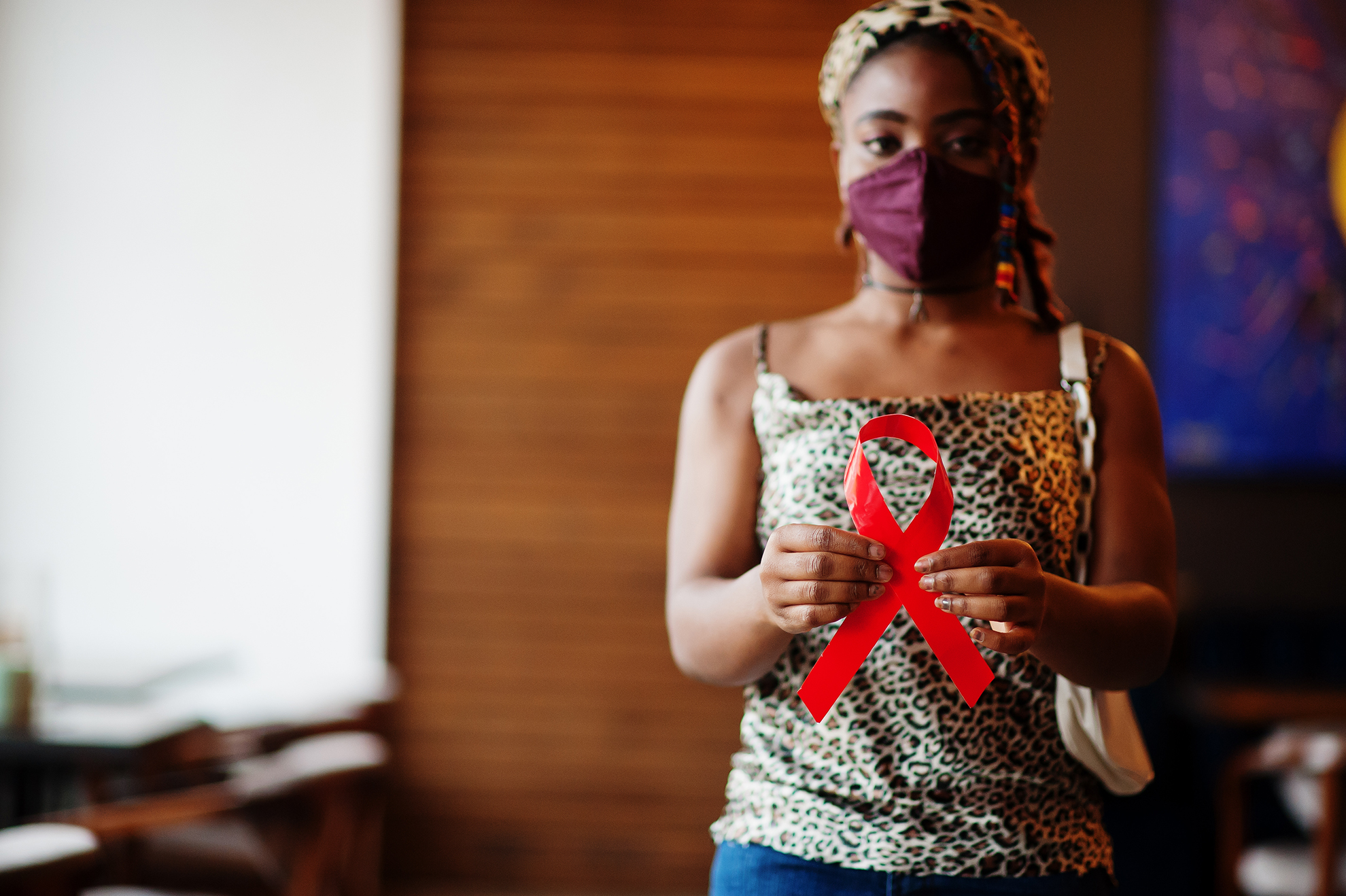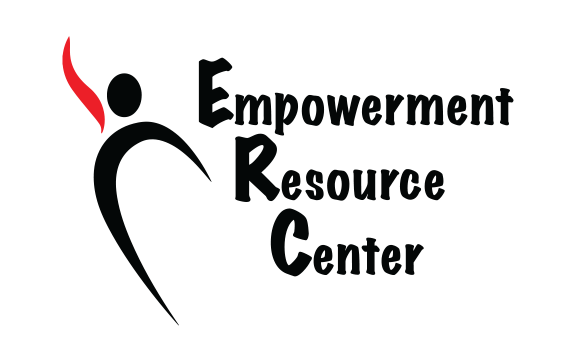What to Know About HIV and COVID-19

People with HIV may have concerns and questions about COVID-19, including the risk of serious illness and vaccine safety. CDC will continue to provide updated information as it becomes available.
Are People with HIV at Higher Risk for COVID-19 than other people?
We are still learning about COVID-19 and how it affects people with HIV. Based on what we know at this time, people with HIV may be more likely to become severely ill from COVID-19.
Other factors can also make you more likely to become severely ill, such as age and certain underlying medical conditions. Older adults, people with certain medical conditions, and pregnant and recently pregnant people should take preventive actions (including getting vaccinated, wearing a mask, and practicing physical distancing) to protect themselves from getting COVID-19.
Are COVID-19 vaccines safe for people with HIV?
The U.S. vaccine safety system makes sure all vaccines are as safe as possible. People with HIV were included in clinical trialsexternal icon. COVID-19 vaccines have gone through the same safety tests and met the Food and Drug Administration’s (FDA) rigorous scientific standards needed to support emergency use authorization. On August 23, 2021, the FDA granted full approval for Pfizer-BioNTech (Comirnaty) COVID-19 vaccine for people 16 years and older.
People who have a condition or are taking medications that weaken their immune system may not be protected even if they are fully vaccinated. They should continue to take all precautions recommended for unvaccinated people, including wearing a well-fitted mask, until advised otherwise by their healthcare provider.
If you have HIV and are at least 12 years old, you can get vaccinated if you have not had a severe or immediate allergic reaction to any of the vaccine ingredients. Learn about what to do if you are allergic to an ingredient in a COVID-19 vaccine.
To find a COVID-19 vaccine near you:
Visit vaccines.gov,
Text your ZIP code to 438829, or
Call 1-800-232-0233.
Do I need an additional dose of the COVID-19 vaccine?
People who have advanced or untreated HIV may benefit from an additional dose of the COVID-19 vaccine to make sure they have enough protection against COVID-19.
If you have advanced or untreated HIV, CDC recommends that you receive an additional dose of the COVID-19 vaccine at least 28 days after your second dose of Pfizer-BioNTech or Moderna COVID-19 vaccine. Talk to your health care provider to determine if getting an additional dose is right for you.
If you received Johnson & Johnson’s Janssen (J&J/Janssen) COVID-19 vaccine, you do not need an additional dose at this time. Currently, there is not enough data to determine whether receiving a second dose of the J&J/Janssen vaccine will provide additional protection against COVID-19.
You should also talk to your health care provider about the benefits of HIV treatment. People with HIV who take HIV medicine daily as prescribed can live long, healthy lives and protect their partners. In fact, people with HIV who get and keep an undetectable viral load (or stay virally suppressed) have effectively no risk of transmitting HIV to their sexual partners.
CDC does not recommend an additional dose of the COVID-19 vaccine for people with HIV who are virally suppressed or who do not have advanced HIV. Talk to your health care provider if you have more questions about the COVID-19 vaccine and to help you decide if you need an additional dose.
Will COVID-19 vaccines interfere with HIV medicine (antiretroviral therapy or ART) or pre-exposure prophylaxis (PrEP)?
Based on what we currently know about COVID-19 vaccines, no evidence to suggests potential interactions with ART or PrEP.
What can people with HIV do to protect themselves against COVID-19?
If you have HIV and are taking your HIV medicine, it is important to continue your treatment and follow your health care provider’s advice. This is the best way to keep your immune system healthy.
People with HIV can protect themselves from COVID-19 by taking these steps:
Get a COVID-19 vaccine as soon as possible.
Wear a mask that covers your nose and mouth.
Stay 6 feet apart from others who don’t live with you.
Avoid crowds and poorly ventilated indoor spaces.
Wash your hands often with soap and water.
Learn more about what you can do when you have been fully vaccinated.
If you have a weakened immune system, you may not be protected even if you are fully vaccinated. After vaccination, you should continue taking all everyday preventive actions recommended for unvaccinated people until advised otherwise by your health care provider.
People with HIV should also continue to maintain a healthy lifestyle:
Eat a healthy diet.
Sleep at least 8 hours a night.
Reduce stress as much as possible.
Take your medicine as prescribed.
Staying healthy helps your immune system fight off infection should it occur.
What should I do if I think I might have COVID-19?
Nearly half of people in the United States with diagnosed HIV are ages 50 and older. People with HIV also have higher rates of certain underlying health conditions. Older age and underlying health conditions can make people with HIV more likely to become seriously ill if they get COVID-19. This is especially true for people with advanced HIV.
Call your health care provider if you develop symptoms that could be consistent with COVID-19.
Most vaccinated people have mild illness and can recover at home. If you think you have COVID-19 and have symptoms of illness, you should get tested.
It’s important to continue taking your HIV medicine as prescribed. This will help keep your immune system healthy.
If you have severe symptoms, seek emergency medical care right away by calling 911. Call ahead to the emergency department and tell the operator that you may have COVID-19.
What else can people with HIV who are at higher risk of getting very sick from COVID-19 do to protect themselves?
Here are more steps that people with HIV can take:
Make sure you have at least a 30- to 90-day supply of your HIV medicine and any other medicines or medical supplies you need for managing HIV. Ask your health care provider about getting your medicine by mail.
Talk to your health care provider and make sure all your vaccinations are up to date, including vaccinations against seasonal influenza (flu)and bacterial pneumonia. These vaccine-preventable diseases affect people with HIV more than others.
When possible, keep your medical appointments. Check with your health care provider about safety precautions for office visits and ask about telemedicine or remote clinical care options.
People with HIV can sometimes be more likely than others to need extra help from friends, family, neighbors, community health workers, and others. If you become sick, make sure you stay in touch by phone or email with people who can help you.
Can HIV medicine (ART) be used to treat COVID-19?
Currently, treatment for COVID-19 is limited. Evidence does not show that any medicines used to treat HIV are effective against COVID-19. People with HIV should not switch their HIV medicine in an attempt to prevent or treat COVID-19.
Some clinical trials are looking at whether HIV medicines can treat COVID-19. Other trials are looking at the effectiveness of different drugs to treat COVID-19 in people with HIV. They are also looking to better understand how people with HIV manage COVID-19.
Should people with HIV travel at this time?
For the latest CDC travel recommendations, visit CDC’s COVID-19 travel information page.
What can everyone do to minimize the stigma about COVID-19?
Minimizing stigma and misinformation about COVID-19 is very important. People with HIV have experience in dealing with stigma and can be allies in preventing COVID-19 stigma.


